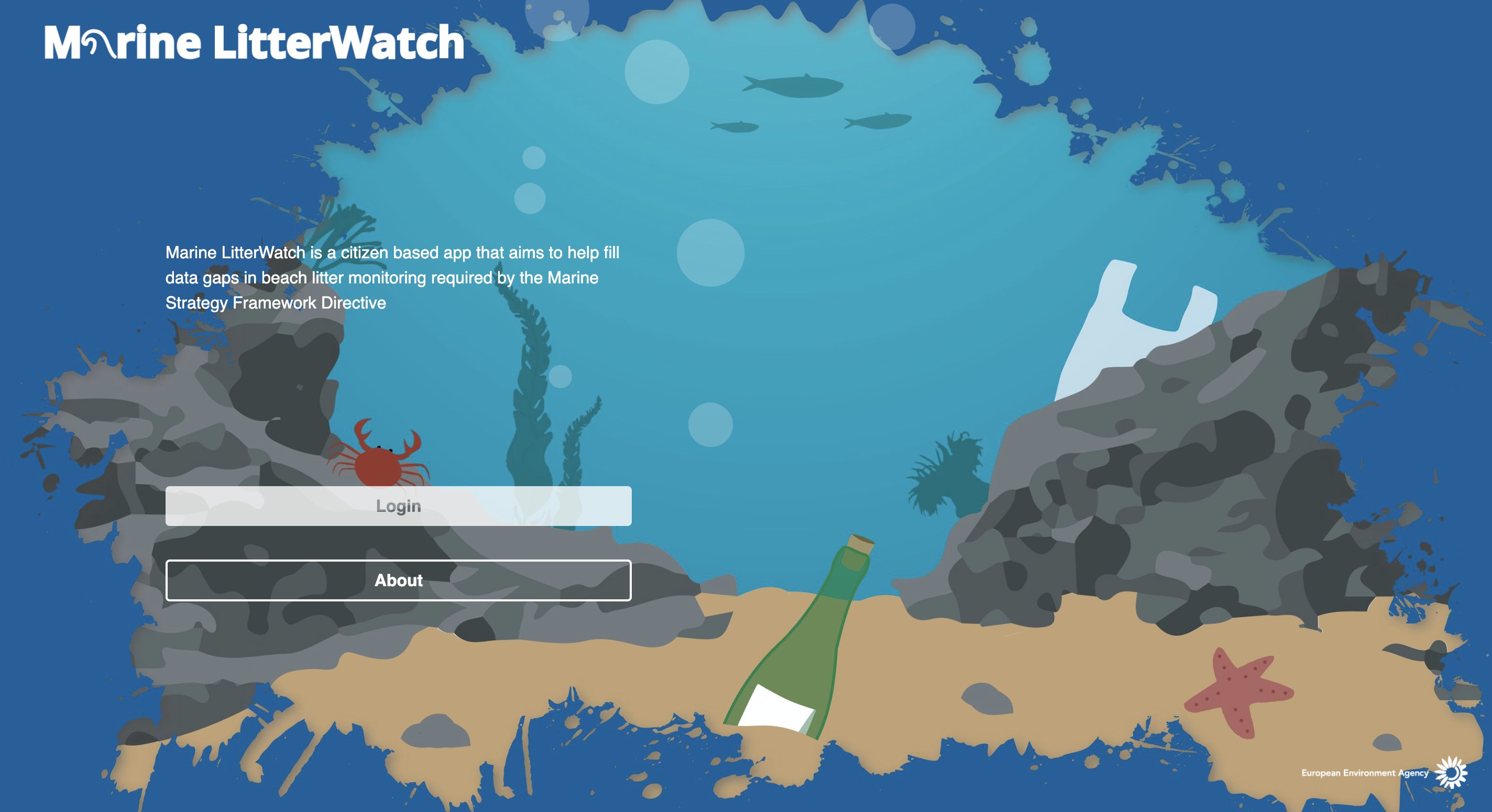Marine LitterWatch

Marine LitterWatch is a citizen science project developed by the European Environment Agency (EEA) to tackle the issue of marine litter through community-based data collection and monitoring.
Problem Addressed:
Marine litter threatens marine biodiversity, ecosystem health, and coastal economies. Data gaps on litter distribution hinder effective policy implementation under the Marine Strategy Framework Directive. Marine LitterWatch democratizes data collection by engaging citizens to provide accurate, localized litter data.
SDGs: 13 (Climate Action), 14 (Life Below Water)
Relevance for Climate Action: Protecting marine ecosystems from litter improves their resilience against climate change and other human impacts. Integrating marine litter data into resilience assessments enables more effective management and conservation efforts (Lincoln et al. 2022).
Real-World Pilots: Communities across Europe and globally collect litter from beaches and submit detailed data on litter types via mobile apps or websites. Participants include citizens, schools, and environmental groups equipped with safety gear such as gloves and boots.
How It Works:
Participants collect marine litter during beach cleanups.
They classify and record the litter items using the Marine LitterWatch mobile app or website.
Data is submitted to the European Environment Agency for analysis and policy support.
Developed by: European Environment Agency (EEA)
Website: https://www.eea.europa.eu/themes/water/interactive/marine-litter-watch
Links of Interest
Other Related Projects
References
Lincoln, S., Andrews, B., Birchenough, S. N., Chowdhury, P., Engelhard, G. H., Harrod, O., ... & Townhill, B. L. (2022). Marine litter and climate change: inextricably connected threats to the world's oceans. Science of The Total Environment, 837, 155709.



0 comentarios
Para añadir un comentario, inicia tu sesión o regístrate.